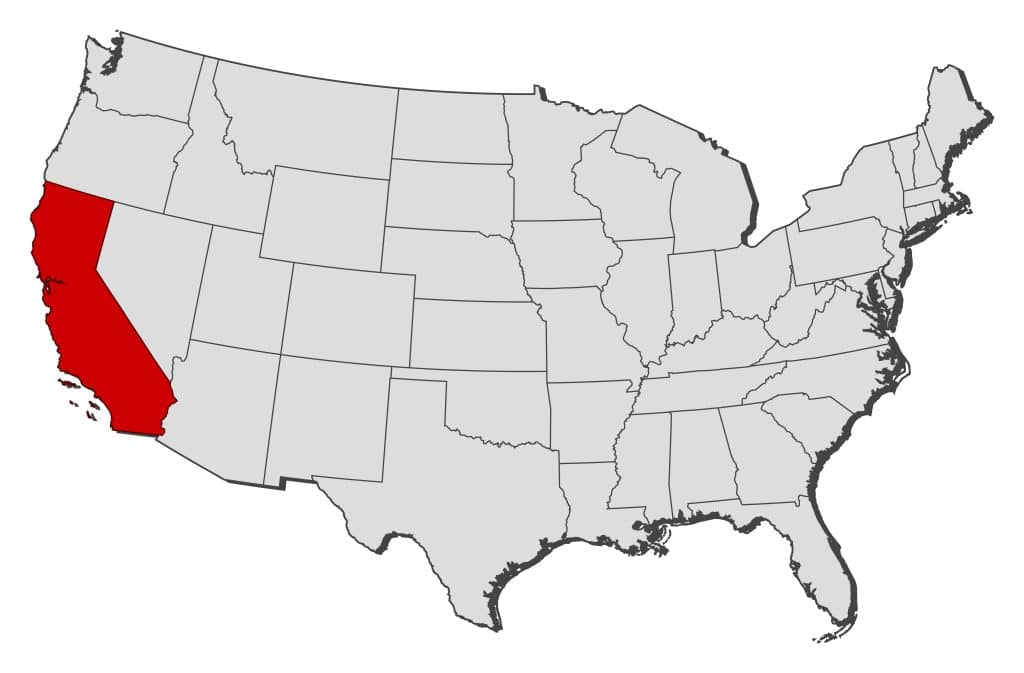Las Vegas, NV — October 9, 2025 — The U.S. online sweepstakes casino sector is on the brink of a major overhaul, facing intense regulatory scrutiny across the country. Industry leaders at last week’s Global Gaming Expo (G2E) in Las Vegas concurred that the current, unregulated era of sweepstakes-style casinos is rapidly approaching its end.
Crackdown Escalates Nationwide
Regulatory actions against sweepstakes casino operators—which use “gold coins” and redeemable “sweeps coins” for casino-style games—have sharply increased. Over the last year, more than 100 cease-and-desist letters have been issued by over a dozen states. Regulators argue the “dual-currency” model effectively mimics real-money gambling without adhering to licensed casino rules or typical sweepstakes promotion restrictions.
Gaming attorney Daniel Wallach noted at G2E that these platforms function “practically and financially like a casino,” operating year-round without the limited eligibility period of traditional sweepstakes.
California’s Pivotal Ban
The most significant threat comes from California, which represents an estimated 20% of the entire U.S. sweepstakes casino revenue.
- Legislation Status: The California State Legislature has been advancing Assembly Bill 831 (AB 831), a measure that would ban online sweepstakes games using the dual-currency model. The bill, which passed through key Senate committees unanimously, has strong support from major tribal gaming operators who view sweepstakes sites as an infringement on their exclusive gaming rights.
- The Governor’s Desk: As of early October 2025, the bill is anticipated to land on Governor Gavin Newsom’s desk. If signed, the ban would mark a crippling blow to the industry and set a powerful precedent for other states. The bill also includes provisions that would criminalize entities, including payment processors and media affiliates, that knowingly support the operation of these platforms in the state, with penalties up to a year in jail and fines up to $25,000.
- Industry Pushback: Advocacy groups like the Social Gaming Leadership Alliance (SGLA) and the Social and Promotional Games Association (SPGA) have pushed back, arguing the language is too broad and could inadvertently criminalize common promotional tactics used by legitimate retail and loyalty programs.
Minnesota and Other States Ramp Up Enforcement
Minnesota has been a notable leader in enforcement, with its Alcohol and Gaming Enforcement division directly contacting over 20 operators urging them to cease unregulated operations. Though the division may lack formal cease-and-desist authority, regulators have warned that continued noncompliance will jeopardize any future licensing opportunities should the state expand regulated online gaming. Regulatory officials have explicitly warned residents that playing on these illegal, often offshore-based, sites means they lack consumer protection and face the risk of not getting paid out.
Industry at a Crossroads
Despite the mounting legal challenges, the sweepstakes model’s popularity remains high in the majority of U.S. states where traditional real-money iGaming is illegal. The sector saw over 25 new platforms launch in 2025, bringing the total number of operators to over 140.
However, the consensus among experts at G2E is that the current model is unsustainable. The industry is now largely expected to face one of two outcomes: a major contraction as high-revenue states like California exit the market, or a forced transformation toward either a strictly regulated, limited-scope promotional model or a complete shift to becoming regulated real-money iGaming operators as more states legalize it.







